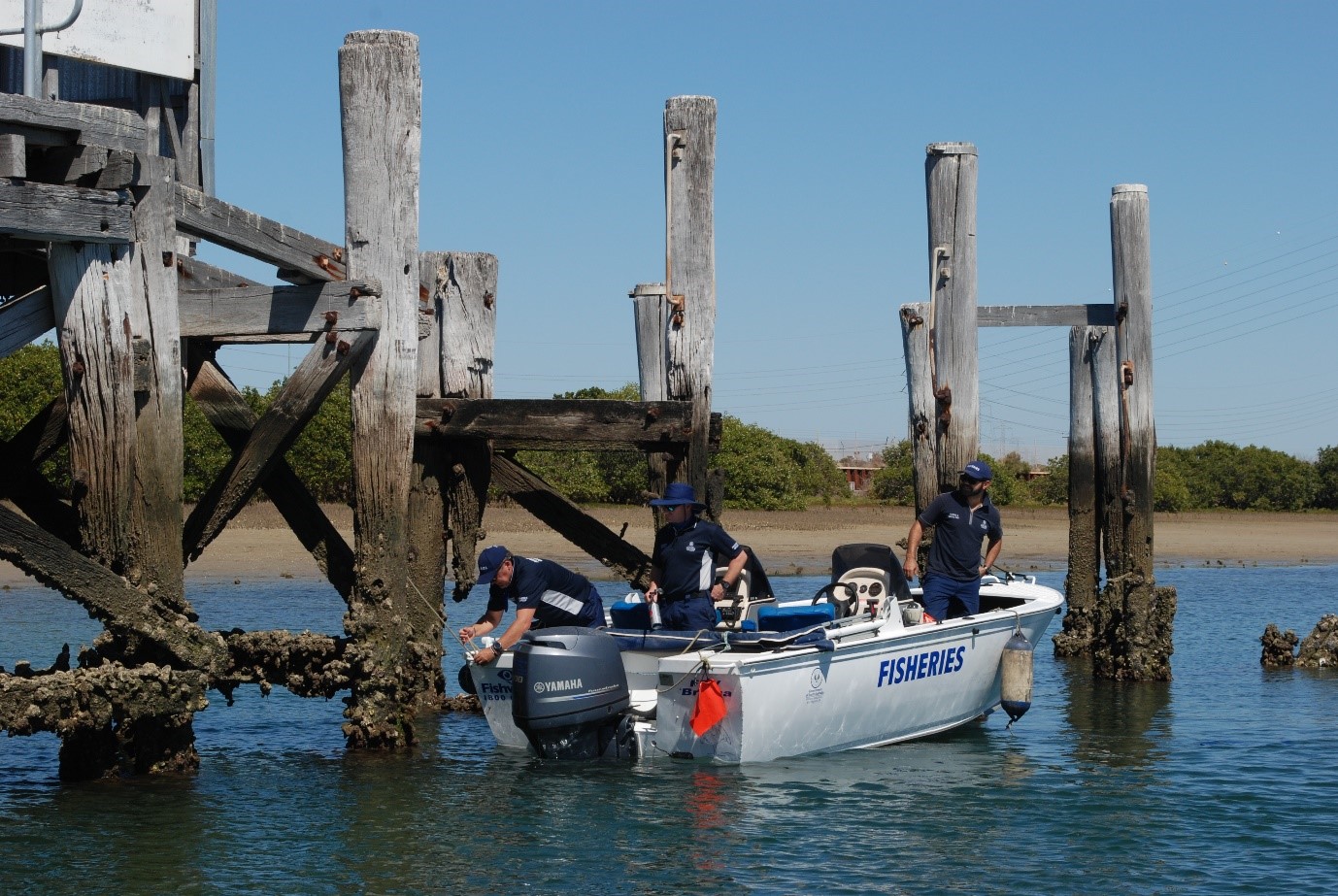Update on Pacific Oyster Mortality Syndrome
Tuesday 18 February 2020

In February 2018, routine research aimed at improving early detection of Pacific Oyster Mortality Syndrome (POMS) virus, uncovered an outbreak of POMS in feral Pacific Oysters in the Port River.
The virus is now endemic in the Port River, with ongoing detection throughout 2018 and 2019. The most recent detection was in January 2020.
PIRSA continues to manage the Port Adelaide area as a POMS containment zone. This has involved destroying oysters at key locations, imposing a ban on taking bivalve shellfish, and providing advice to dredging projects.
An extensive communication and awareness campaign targeting the public and key stakeholders (in particular, vessel owners) has also been implemented.
PIRSA will also continue to work closely with the oyster industry to monitor and test oysters from South Australia’s oyster growing regions. To date, the virus that causes POMS has not been detected in these commercial growing areas.
POMS is a notifiable disease which can spread rapidly, causing high mortality rates in Pacific Oysters if introduced to farming areas of the State.
What is the bivalve shellfish ban?
To reduce the risk of POMS spreading, a ban remains in place in the Port River. During this time, bivalve shellfish (including oysters, mussels, cockles and razorfish) cannot be taken from the Port River area for any purpose, including bait or berley.
The virus poses no threat to food safety or human health, and recreational Port River users are not at any risk.
PIRSA thanks local communities and councils along the Port River and West Lakes for your continued support in helping to contain the virus.
Key points to remember:
- The ban on the removal of bivalve shellfish remains in place until further notice. Bivalves cannot be taken from the Port River for any purpose, including bait or berley.
- Ensure vessel hulls, fishing and boating equipment, and clothing are clean prior to moving to new areas. Regularly inspect for biofouling and remove any plants and animals (in particular bivalves) so pests and diseases aren’t transferred to other waterways.
- Wash boats and equipment with light household detergent at designated cleaning facilities (where possible); these are co-located with launching facilities. Importantly, dry completely before moving to another waterway. In-water vessels should follow the biofouling guidelines available at: www.pir.sa.gov.au/biosecurity/aquatics/biofouling_and_ballast_water
- Never use seafood sold for human consumption as bait or berley.
POMS is a notifiable disease and must be immediately reported. Report suspicion of POMS to Fishwatch on 1800 065 522.
Further information and a map are available at www.pir.sa.gov.au/poms.


